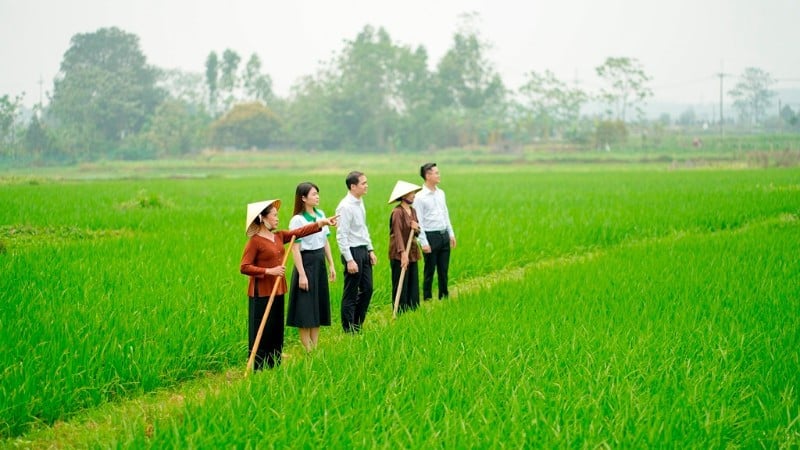
The role of insurance in compensating for damage and supporting recovery after natural disasters needs to be more fully and correctly recognized in the national disaster prevention strategy.
On average, natural disasters cause damage of between VND15,000 and VND30,000 billion each year, forcing the State to spend additional budget for disaster recovery, support for people and production recovery. In addition, there are other losses such as prolonged crop failures, supply chain disruptions, local food insecurity and impacts on people's psychology.
Most recently, typhoon Yagi has severely affected many localities with total damage of more than 83,000 billion VND. For the Bank for Agriculture and Rural Development alone, the damage caused by typhoon Yagi has affected 28,200 loan customers, with the total outstanding debt estimated at 40,000 billion VND and the directly damaged debt balance of nearly 17,000 billion VND. Production and business activities of a series of enterprises and farmers have stagnated, many families have become penniless due to loss of production capital and bad debt.
In that context, insurance becomes an effective financial tool, helping people and businesses have a foothold to recover after natural disasters. Insurance not only helps to compensate for financial losses but also acts as an economic protection layer, an essential "shield" in the strategy to adapt to climate change. Especially, in the context of Vietnam being one of the most vulnerable countries to climate change, the frequency and intensity of extreme weather events are increasing, the role of insurance becomes more urgent.
Shield insurance for rural areas and the disadvantaged
In the agricultural sector (agriculture, farmers, rural areas), people are still the most vulnerable group. They lack capital, financial knowledge, and are easily affected by weather risks, epidemics, market prices, etc. Meanwhile, agricultural production is always a field that contains many uncertainties, especially under the impact of increasingly severe climate change.
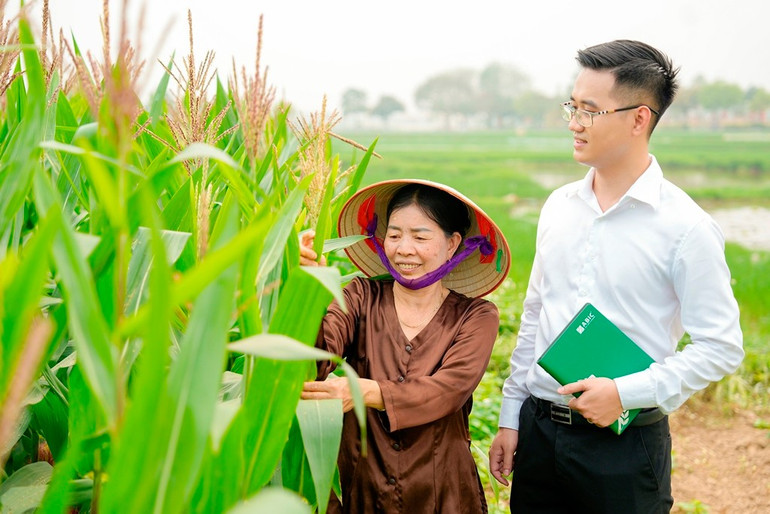
Resolution 19 of the Party has clearly defined the orientation of developing green agriculture, modern countryside, civilized farmers. In that orientation, the role of insurance needs to be placed on par with factors of investment in infrastructure, crop and livestock varieties, preferential credit... Insurance is not only an option, but also an indispensable tool to help farmers feel secure in production and prevent risks.
However, it is worrying that in many places, especially in agricultural areas and remote areas, people still do not have access to insurance, or have very limited access.
When risks occur, the disadvantaged have no financial protection, while the State's relief is not always timely and adequate. They often only know about insurance after a natural disaster occurs, when the consequences are too severe.
The reason is that access to insurance in rural areas currently faces many barriers such as low income, limited knowledge, lack of suitable products, and especially lack of effective distribution channels.
According to Mr. Do Minh Hoang - Member of the Board of Directors of Agribank Insurance, the problem is not whether insurance exists or not, but "whether insurance really reaches those who need it most". People in rural areas often have low incomes, little understanding of insurance, while risks are always close. Without policy and communication support, insurance - no matter how well designed - will hardly be effective. The State needs to clearly identify: insurance is not just a market commodity, but a social security institution, helping to reduce the budget burden when natural disasters occur.
In fact, evidence from recent cases has shown the clear and positive role of insurance. During the recent typhoon Yagi, many customers participating in insurance at Agribank Insurance had their benefits paid in time.
Typically, Viet Truong Company in Hai Phong has been paid more than 22 billion VND, thanks to which it has a stable financial source to reproduce, without disruption to the supply chain.
At Presenza Electrical Equipment Company, Agribank Insurance immediately advanced 1 billion VND to customers as soon as the storm passed to help the company overcome the consequences and quickly restore production.
Such prompt responses and substantial support not only help businesses maintain operations, but also build trust in insurance in the community.
Statistics from Agribank Insurance show that in the 2024 Yagi storm alone, there were 536 claims with a total amount of up to 177 billion VND. These numbers not only reflect the extent of damage, but also demonstrate the responsible companionship of insurance companies.
Need appropriate support policies
However, the development of the insurance market – especially agricultural insurance – is facing many barriers. The revised Law on Credit Institutions, effective from July 1, 2024, has banned the sale of insurance with credit products, greatly affecting the insurance distribution channel through banks – which is an effective bridge between insurance companies and customers in rural areas.
When banks are limited in providing insurance advice, people find it even more difficult to access, especially products designed specifically for agricultural borrowers such as Credit Security, crop insurance, and livestock insurance. As a result, the agricultural insurance market, which has been difficult to develop due to high risks and low participation rates, now faces even more challenges. This requires a more flexible mechanism from the State to not only protect people, but also support insurance companies to develop sustainably.
In that context, it is necessary to consider adjusting or issuing clear legal guidelines to ensure effective coordination between banks and insurance within the current legal framework, while not reducing rural people's access to insurance products.
In addition, according to experts, for insurance to become a popular and inevitable institution in social life, a clear, stable and motivating legal framework is needed.
First of all, it is necessary to issue preferential tax policies and insurance premium support for people participating in agricultural insurance. At the same time, it is necessary to allow bancassurance channels to operate within the limits of customer protection, information transparency and not be misunderstood as "cross-selling".
In addition, the State should issue a separate Decree on agricultural insurance, which clearly stipulates the rights, obligations and responsibilities of the participating parties, support models from the State budget, and risk sharing mechanisms between the State and insurance companies. At the same time, it is necessary to implement training and communication programs to raise people's awareness of insurance.
Localities should have a mechanism to coordinate with insurance companies to provide information, guide procedures, and shorten compensation time when risks occur. Increase the application of technology to monitor crops, provide early warning of natural disasters, and serve as a basis for objective damage assessment.
Finally, it is necessary to encourage models of 4-party linkage (State – Farmers – Scientists – Enterprises), in which insurance plays the role of a sustainable financial “armor”. Piloting index insurance models, weather risk insurance, high-tech agricultural insurance, etc. is also a direction that needs to be supported and replicated.
When people have convenient access to insurance, they can feel secure in production, reduce financial burden when risks arise, and increase their ability to recover after natural disasters.
For the State, it is a reduction in the support budget, increased initiative in management and promotion of sustainable agricultural development. Insurance, therefore, is not just a financial tool. It is a social security institution, an indispensable component of the national development strategy.
Source: https://nhandan.vn/can-mot-hanh-lang-phap-ly-ro-rang-de-bao-hiem-tiep-can-nong-dan-post896279.html





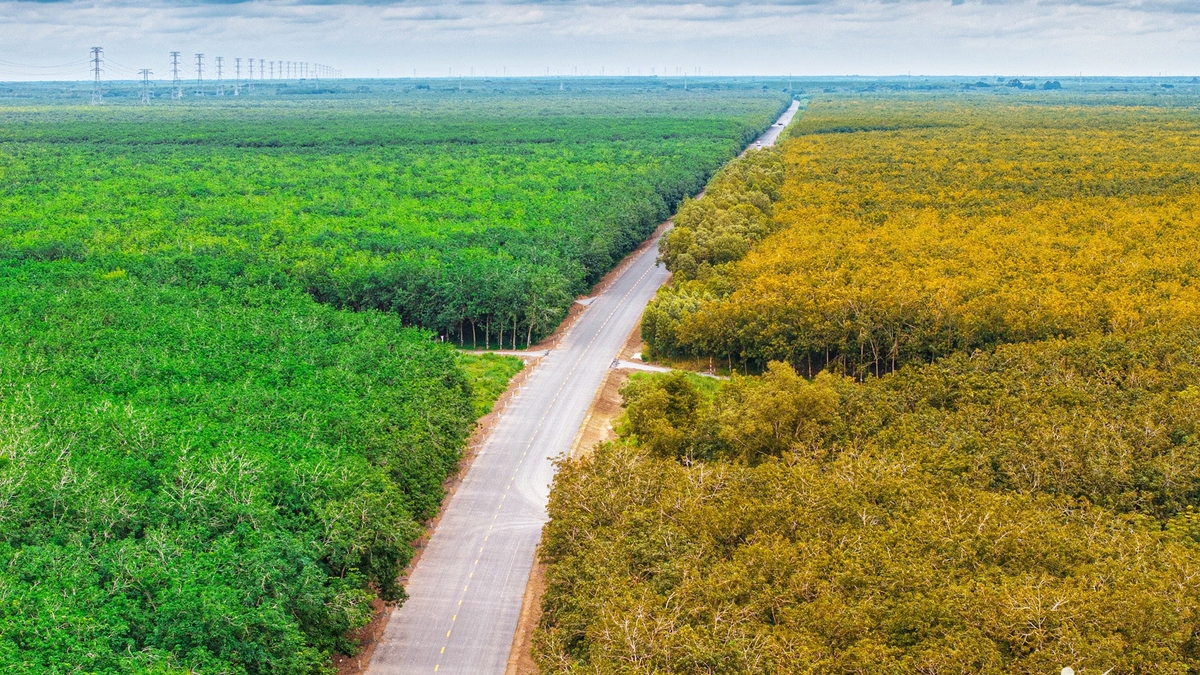










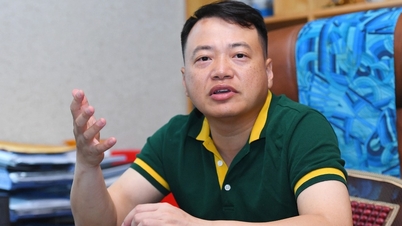






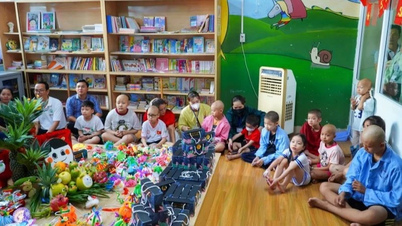
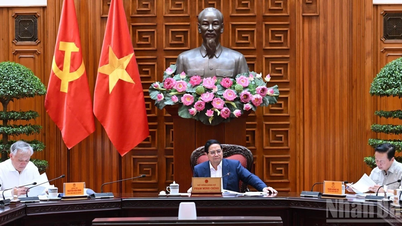





















































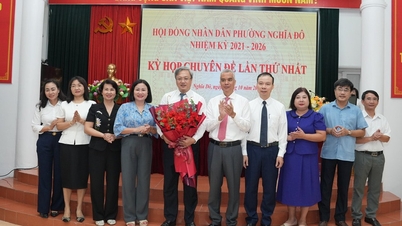
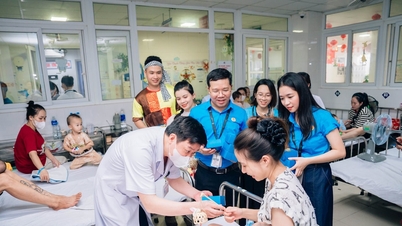















Comment (0)